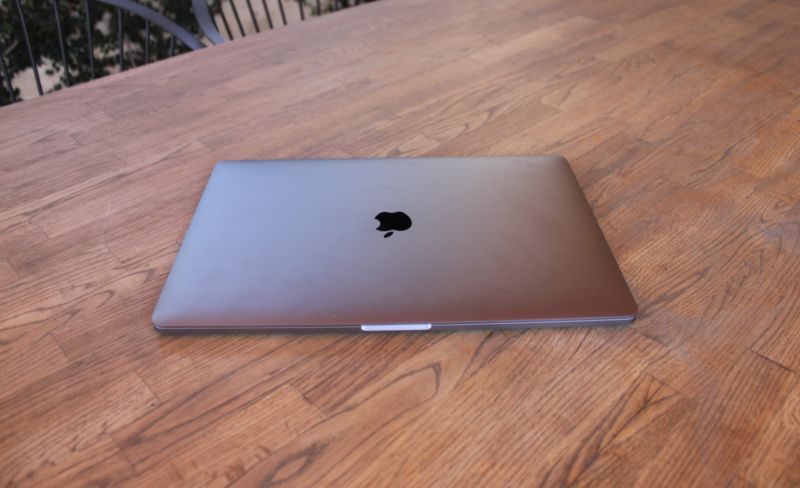
It was just over a week ago that Apple released macOS 10.14.6, but the company has already pushed out a Supplemental Update. Released today, the update fixes a heretofore not-widely-known issue involving sleep mode on Macs.
It seems at least some Macs have failed to wake up after going into sleep mode. The update doesn't seem to change much else. Apple's complete notes are as follows:
The macOS Mojave 10.14.6 Supplemental Update fixes an issue that may prevent certain Macs from waking from sleep properly.
While this bug did not attract widespread press or community attention, forums like MacRumors have seen some posts from users claiming they've had this issue and are hopeful this update will fix it.
Typically, when Apple releases an OS update, it updates its security page with details about security changes and fixes that it chooses to disclose. But there's no entry for that today—the only entry on the security update tracker for today is for iCloud for Windows 10.6.1. But even that "has no published CVE entries."macOS 10.14.6 launched alongside iOS 12.4 on July 22. It added a plethora of Apple News+ features and fixed a number of bugs, including an issue with Boot Camp on Fusion Drives, black screens on the Mac mini, graphics problems that occurred after waking some Macs from sleep, and "an issue that may cause a hang during a restart."
Judging from past Apple release schedules, we are unlikely to see any more major updates to macOS before the newest annual release, macOS 10.15 Catalina, rolls out later this year. Catalina's flagship feature is the ability to run apps originally developed for the iPad, with only relatively minor tweaks required by app developers in some cases. It will also break iTunes up into multiple apps like Music, Podcasts, and TV.
Catalina is expected to launch on both new and old Macs this fall.
reader comments
47